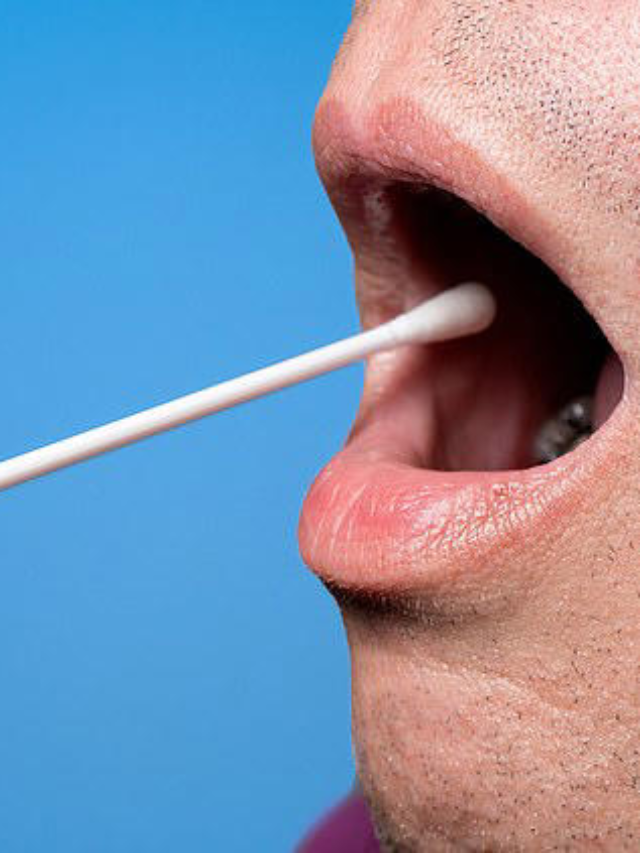
A new study suggests that men could potentially be screened for prostate cancer using saliva, offering a less invasive and more accessible method compared to current screening techniques. The research, conducted by scientists at Queen Mary University of London, found that certain molecules in saliva could serve as biomarkers for detecting prostate cancer. These biomarkers, specifically small non-coding RNA molecules, were found to be present in significantly higher levels in the saliva of men with prostate cancer compared to those without the disease.
The study involved analyzing saliva samples from over 200 participants, including men with prostate cancer and healthy individuals. The researchers identified specific RNA molecules that were consistently elevated in the saliva of men with prostate cancer, suggesting their potential as diagnostic markers for the disease. Importantly, the saliva test showed promising accuracy in distinguishing between cancerous and non-cancerous samples.
If further validated through larger clinical trials, this saliva-based screening method could revolutionize prostate cancer detection by offering a non-invasive and easily accessible option for men. Traditional screening methods for prostate cancer, such as the prostate-specific antigen (PSA) blood test and digital rectal examination, can be uncomfortable and may lead to false-positive results, necessitating further invasive procedures for confirmation.
The potential for saliva-based screening could significantly improve early detection rates for prostate cancer, leading to better outcomes for patients. Additionally, the convenience and simplicity of saliva testing could encourage more men to undergo regular screenings, ultimately reducing the burden of prostate cancer on public health systems.
While more research is needed to fully validate the effectiveness of saliva-based screening, this study represents a promising step towards a more patient-friendly approach to prostate cancer detection.







